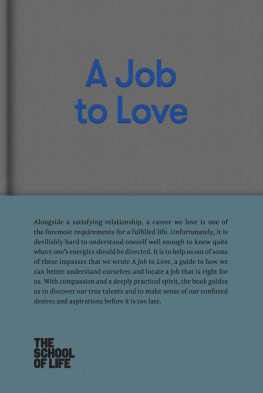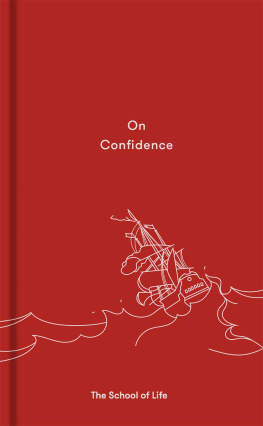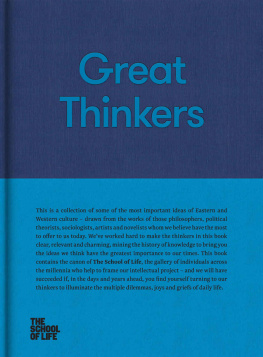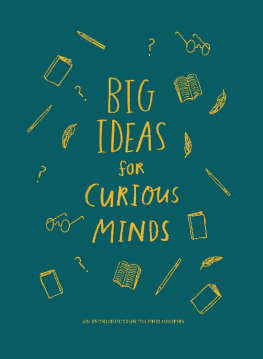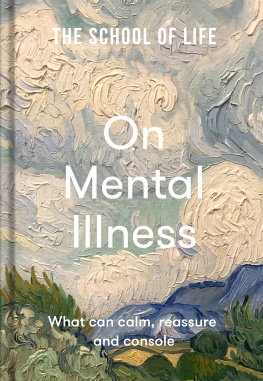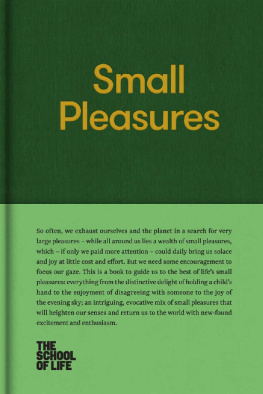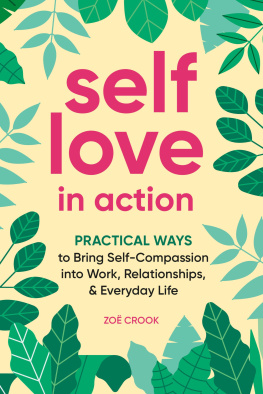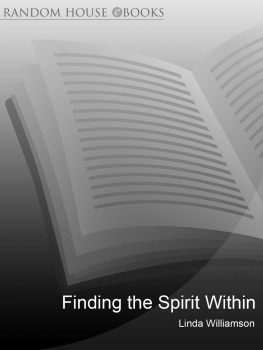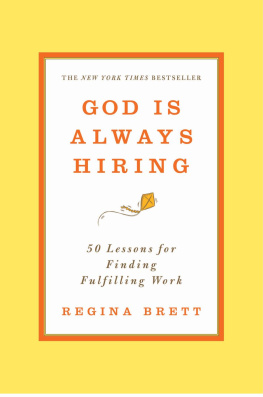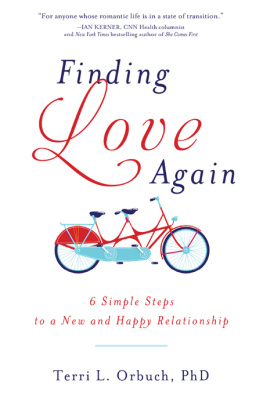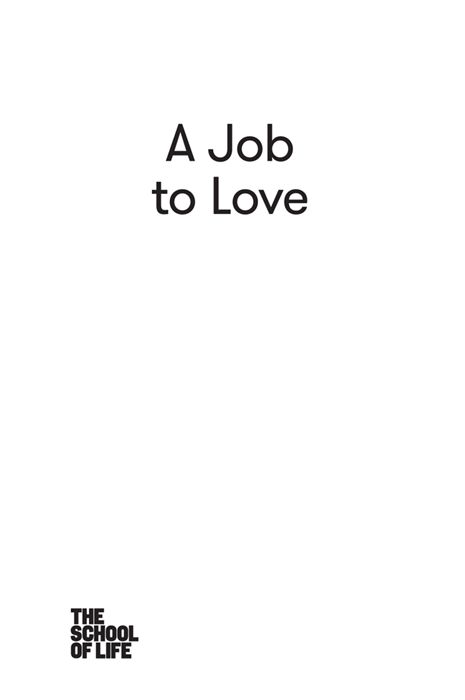A Job to Love
Alongside a satisfying relationship, a career we love is one of the foremost requirements for a fulfilled life. Unfortunately, it is devilishly hard to understand oneself well enough to know quite where ones energies should be directed. It is to help us out of some of these impasses that we wrote A Job to Love, a guide to how we can better understand ourselves and locate a job that is right for us. With compassion and a deeply practical spirit, the book guides us to discover our true talents and to make sense of our confused desires and aspirations before it is too late.
Contents
1
Introduction
i. How we came to desire a job we could love
One of the most extraordinary and yet quietly routine features of our age is the assumption that we should be able to find work that we not only tolerate, or endure for the money, but profoundly appreciate, for its high degree of purpose, camaraderie and creativity. We see nothing strange in the remarkable notion that we should try to find a job we love.
It is possible to be highly sympathetic to this wish and yet refuse to see it as either normal or easy to fulfil and to insist that, in order to stand any chance of honouring it, we need to lavish concentrated brain power, time and imagination on its underlying complexities.
For most of history, the question of whether we might love our work would have seemed laughable or peculiar. We tilled the soil and herded animals, worked down mines and emptied chamber pots. And we suffered. The serf or smallholder could look forward to only a very few moments of satisfaction, and these would lie firmly outside the hours of employment: the harvest moon festival next year or the wedding day of their eldest child, currently six years old.
The corresponding assumption was that if one had sufficient money, one would simply stop working. The educated classes among the ancient Romans (whose attitudes dominated Europe for centuries) considered all paid work to be inherently humiliating. Tellingly, their word for business was negotium: literally, not-enjoyable activity. Leisure, doing not very much, perhaps hunting or giving dinner parties, was felt to be the sole basis for a life of happiness.
Then, at the close of the Middle Ages, an extraordinary shift began: a few people started to work for money and for fulfilment. One of the first people to successfully pursue this highly unusual ambition was the Venetian artist Titian (c. 14851576). On the one hand, in his work he delighted in the pleasures of creativity: depicting the way light fell on a sleeve or unlocking the secret of a friends smile. But he added something very odd to this: he was extremely interested in being paid well. He was highly astute when it came to negotiating contracts for supplying pictures, and he upped his output (and profit margin) by establishing a factory system of assistants who specialised in different phases of the production process, such as painting drapery (he hired five young men from Verona to paint the curtains in his work). He was one of the initiators of a profound new idea: that work could and should be both something you love doing and a decent source of income. This was a revolutionary idea that gradually spread across the world. Nowadays it reigns supreme, colouring our ambitions perhaps without us even noticing, and helping to define the hopes and frustrations of an accountant in Baltimore or a game designer in Limehouse.
Titian introduced a complicating factor into the modern psyche. Previously, you either pursued satisfaction making or doing something as an amateur without expecting to make money from your efforts, or you worked for money and didnt care too much about whether you actually enjoyed your work. Now, because of the new ideology of work, neither was quite acceptable any longer. The two ambitions money and inner fulfilment were being asked to coalesce. Good work meant, essentially, work that tapped into the deepest parts of the self and could generate a product or service that would pay for ones material needs. This dual demand has ushered in a particular difficulty of modern life: that we must simultaneously pursue two very complicated ambitions, although these are far from inevitably aligned. We need to satisfy the soul and pay for our material existence.
Interestingly, its not just around the ideal of a job that we have developed high ambitions that combine the spiritual and the material. Something very similar has happened around relationships. For the largest part of human history, it would have been extraordinary to suppose that one was meant to love (rather than merely tolerate) ones spouse. The point of marriage was inherently practical: uniting adjacent plots of land, finding someone who would be good at milking cows or who might bear a brood of healthy children. Romantic love was something distinct it might be nice for one summer when one was 15, or might be pursued with someone other than ones spouse after the birth of the seventh child. Then, in around 1750, a peculiar shift began to take place here as well. We started to be interested in another extraordinarily ambitious idea: a marriage of love. A new kind of hope started to obsess people: that one could both be married and properly admire and sympathise with ones partner. Instead of there being two distinct projects marriage and love a new and more complex ideal emerged: the marriage of passion.
The modern world is built around hopeful visions of how things that had previously seemed separate (money and creative fulfilment; love and marriage) could be united. These are generous ideas, democratic in spirit, filled with optimism about what we can achieve and rightfully intolerant of ancient forms of suffering. But in the way we have tried to act upon them, they have also been catastrophes. They constantly let us down. They breed impatience and feelings of paranoia and persecution. They generate powerful new ways of being frustrated. We judge our lives by ambitious new standards by which we are continually made to feel we have fallen short.
Its an added complication that, although we have set ourselves such impressive goals, we have tended to tell ourselves that the way to attain them is not essentially difficult. It is simply a case, we assume, of following our instincts. Well find the right relationship (which unites passion with day-to-day practical stability) and a good career (which unites the practical goal of earning an income with a sense of inner fulfilment) by following our feelings. We trust that well simply develop a special kind of emotional rush in the presence of the right person or will, once weve finished university, sense a reliable pull towards a career that is right for us. We put a decisive share of our trust in the phenomenon of gut instinct.
A symptom of our devotion to instinct is that we dont readily recognise much need for training and education around getting into a relationship or in the search for a career. We take it for granted, for instance, that children will need many hundreds of hours of carefully considered instruction if they are to become competent at maths or learn a foreign language. We understand that instinct and luck cant ever lead to good results in chemistry and that it would be cruel to suppose otherwise. But wed think it odd if the school curriculum included an almost daily strand over many years of classes on how to make a relationship work or how to find a job that accorded with ones talents and interests. We may recognise that these decisions are hugely important and consequential, yet by a strange quirk of intellectual history weve come to suppose that they cant be taught or educated for. They really matter, but we seem to believe that the right answer will simply float into our brains when the moment is ripe.
Next page
